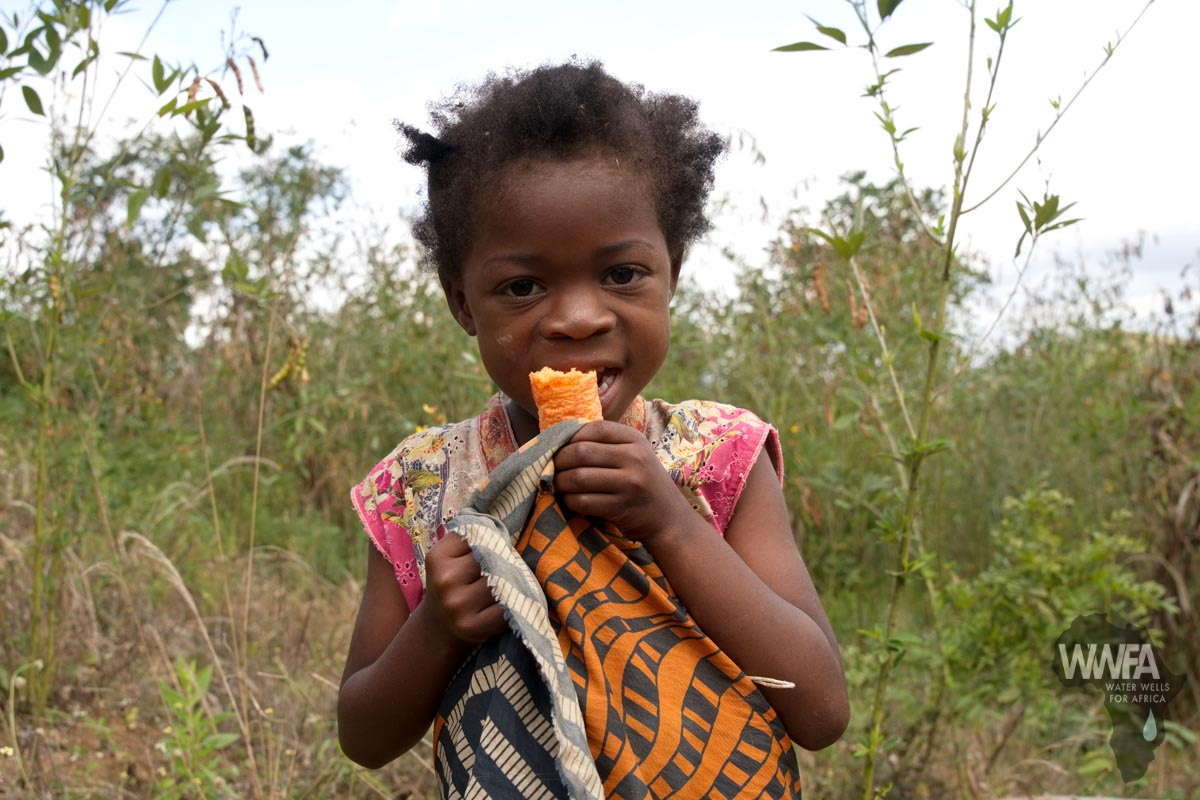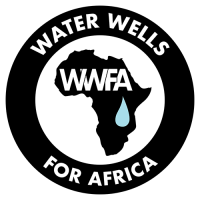For Chalamanda 2 Village, the search for water once defined every part of the day — and every part of life. When their old well dried up, the Mpotola River became the only option: a muddy, distant source that carried sickness, conflict, and exhaustion with every bucket.
Women walked an hour and a half to reach it. Some left at 1:00 AM — others as early as 10:00 PM the night before — just to return home by sunrise. Fights broke out constantly as villagers competed for limited water, and several women were hospitalized with broken bones. The late-night trips also strained relationships at home, fueling distrust and rising domestic violence.
Children, too, bore the weight of the crisis. Many arrived late to class or missed school altogether, and stomach pains from contaminated water became a normal part of childhood.
“We feared the water we drank,” one elder shared. “But we feared having none even more.”
For years, Chalamanda lived in survival mode — tired, hurting, and without a safe way forward.
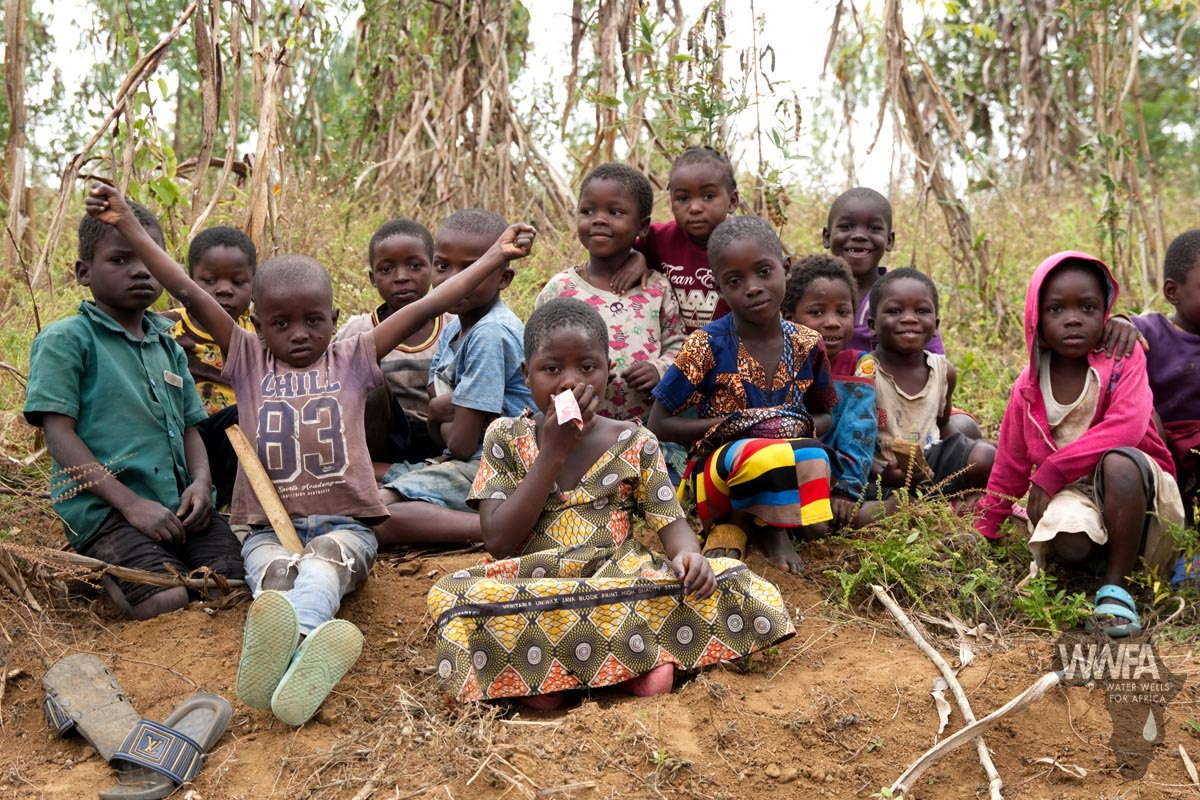
A Well that Restored Peace and Stability
That sad chapter closed in July 2025 when Water Wells for Africa (WWFA) installed a 53-meter deep borehole with a handpump at the heart of Chalamanda 2. Funded by Friendship Worship Center in Abbeville, South Carolina, the new well brought clean water directly into the village — ending overnight the fear that had shaped daily life.
- With safe water close to home, the transformation has been immediate:
- Stomach pains and waterborne illnesses have been drastically reduced.
- Women no longer risk nighttime journeys or face conflict at the water source.
- Children arrive at school on time, and teachers expect stronger performance this term.
- Families are gardening, cooking, and farming with confidence and consistency.
- The tensions that once strained relationships have eased, strengthening unity in the village.
For the first time in the history of Chalamanda 2 Village, six women serve proudly in a leadership role in their village by being a part of the Water Committee, a milestone that has brought joy and empowerment to the community.
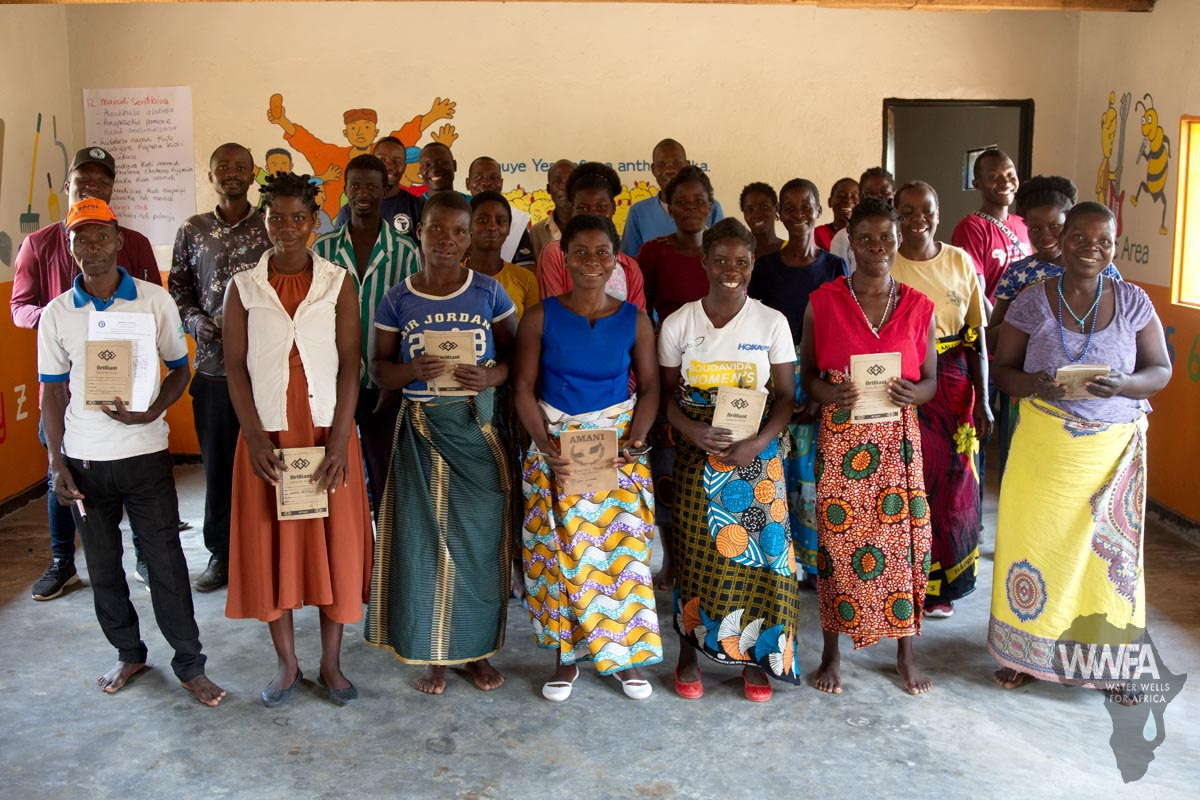
Women who are Rebuilding their Futures
As mentioned above the water well has unlocked opportunity for many and this includes two women whose determination shines brightly.
Rhoda Willies, a devoted mother and small business owner, sells zibwente — fried Irish potatoes coated in flour — to support her family. With clean water available all day, she plans to expand into vegetable farming to increase her income.
“We no longer fight,” Rhoda says. “The water is here, and everyone gets it easily. Life has truly changed.”
Margret Manja has built something remarkable using the well’s simplest gift: runoff water. She planted her garden along the drainage path, ensuring every drop is used wisely. With her vegetables, she now feeds her three children and buys their school supplies without worry.
“Now we drink clean water without fear,” she says. “And my children have stopped complaining of stomach pains!”
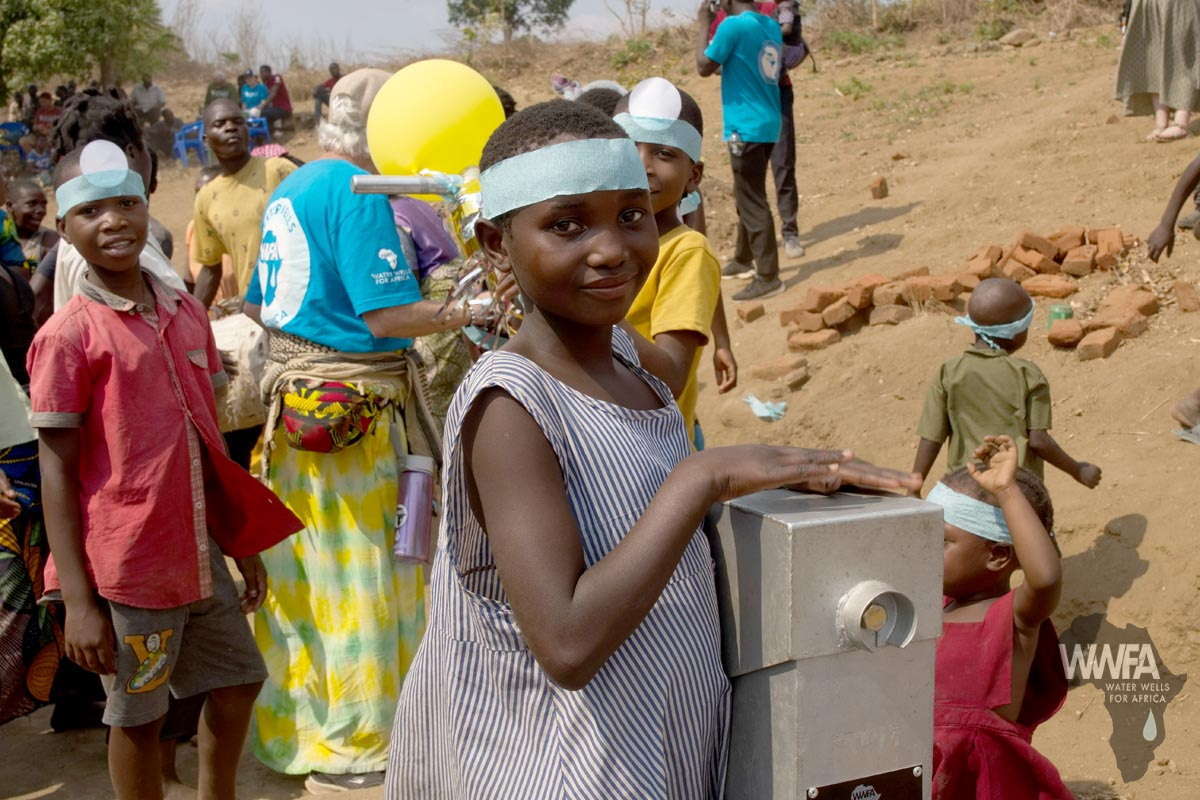
A Village Renewed by Hope
Across Chalamanda 2, the changes are visible everywhere. Behind the banana trees, green gardens stretch across the landscape. Children walk to school with time to spare. Women move through their days with confidence instead of fear. Families prepare meals when they choose — not when water allows.
As the Village Headman shared, “This borehole is a blessing. It has restored dignity to our community.”
For the 150 families of Chalamanda 2, clean water has done more than solve a problem.
It has rebuilt peace, restored strength, and given the village a future filled with possibility.

